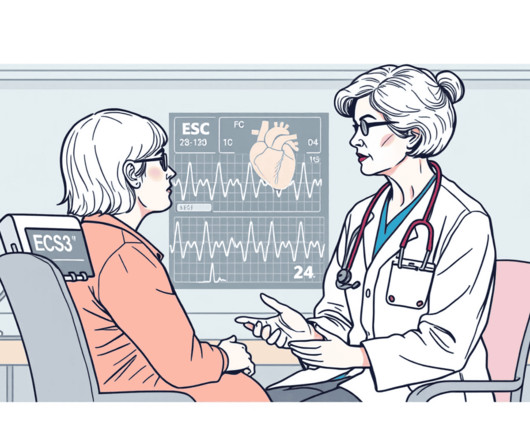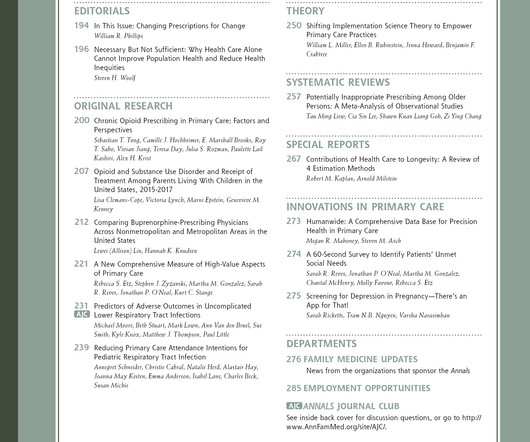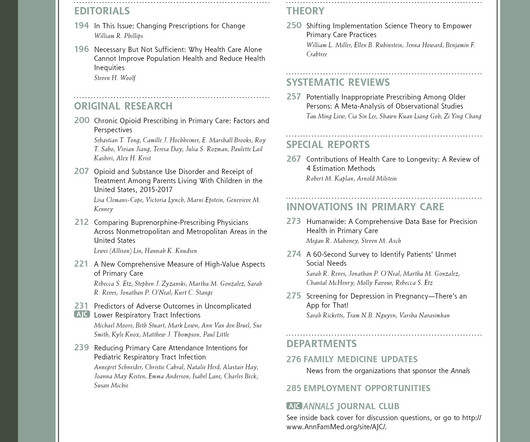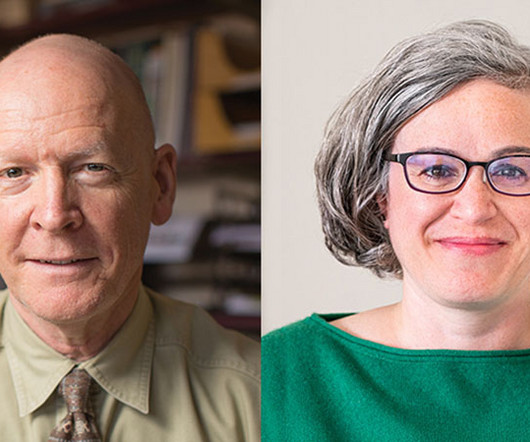Should We Screen for Atrial Fibrillation? ESC Says Yes (2024), Evidence Says…?
Family Medicine Initiative
APRIL 29, 2025
In November 2024, two new RCTs were published that investigated whether atrial fibrillation screening using an ECG is effective. A limitation was that only 49% of those invited participated in the screening. UK National Screening Committee (2019): “Screening is not currently recommended for this condition.”























Let's personalize your content